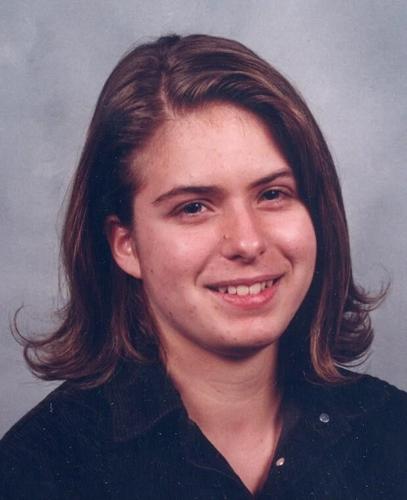SAGUENAY, Que. - The lawyer for a Quebec man charged with the first-degree murder and sexual assault of a 19-year-old junior college student in 2000 told a jury her client admits to killing the student, but he denies the act was planned.
Lawyer Karine Poliquin also said in her closing arguments on Wednesday that if any sexual contact took place, it happened after Guylaine Potvin had already died.
"We submit to you that the evidence supports a reasonable and more plausible alternative of second-degree murder," Poliquin told the jury.
The argument was made Wednesday afternoon during closing arguments in the trial of Marc-André Grenon, who is charged with murdering and assaulting Potvin in her basement apartment in April 2000 in Jonquière, Que., now a part of Saguenay.
The Criminal Code of Canada defines first-degree murder as “planned and deliberate," however a murder is also first-degree if it occurs in the course of a sexual assault. First-degree and second-degree murder come with automatic life sentences, but with first-degree murder there is no possibility of parole for 25 years. With second-degree murder, parole is possible after 10 years.
Poliquin, who did not call any witnesses during the trial, said Grenon broke into the apartment planning to commit a burglary and killed Potvin during a physical altercation.
She said the evidence does not prove beyond a reasonable doubt that Grenon acted with premeditation or that he sexually assaulted Potvin before her death.
She noted that Grenon could not have known whether Potvin would be alone in her apartment because she lived with roommates who frequently came and went. She said he walked by a kitchen with knives in it, without taking one, and there's no evidence he brought weapons or tools — such as rope — to carry out a planned assault.
"If Mr. Grenon had the intention of sexually assaulting and killing Guylaine Potvin, what evidence is there that he brought what was necessary to control her and then kill her?" Poliquin said.
Poliquin conceded her client took a box of condoms from a desk drawer in another room and "touched the deceased body of the victim" — but did not specify the nature of the act. She said the fact that Grenon took the condoms from another room suggested that he'd rifled through the drawers looking for things to steal.
A technical issue on Wednesday with the platform used to broadcast the proceedings meant that people outside the courtroom could not view Poliquin's presentation live, and ºÚÁϳԹÏÍø obtained an audio recording.
The trial has heard that Grenon's DNA was found in multiple locations on the victim's body, including under her fingernails, around her genital area and on a T-shirt she was wearing. It was also on the condom box and on a belt found near the victim.
Poliquin, citing the testimony of a pathologist, said it was impossible to be certain that Potvin's injuries occurred before she died rather than soon afterwards. "The DNA evidence is silent on how the DNA was left on the body," she said.
The Crown argued earlier during its closing arguments that evidence at the crime scene suggests Grenon sexually assaulted Potvin in her bed before killing her.
Prosecutor Pierre-Alexandre Bernard said there was no evidence of a struggle elsewhere in the apartment, which pointed to Potvin being attacked as she slept, rather than having surprised an intruder during a botched robbery attempt.
Justice François Huot will deliver on Monday his final instructions to the jury, who will then be sequestered until they reach a verdict.
The trial has heard that male DNA was collected at the crime scene following Potvin's death, but there was no match in the criminal database, and no arrest for more than 20 years.
Grenon came under suspicion in 2022 after the DNA found at the scene was entered into a database that analyzes the Y chromosomes of unknown samples and suggests potential surname matches.
After the last name "Grenon" was identified, police tracked the suspect to a movie theatre and collected a cup and drinking straws he had discarded. The DNA taken from the straws was found to match the crime scene DNA, as was a DNA sample taken directly from Grenon after his arrest, the trial heard.
This report by ºÚÁϳԹÏÍø was first published Feb. 15, 2024.
— By Morgan Lowrie in Montreal









































